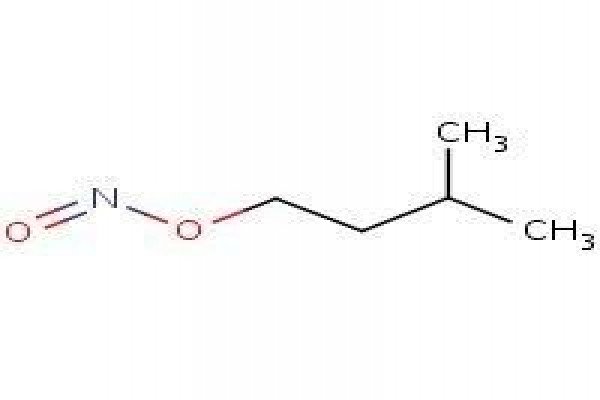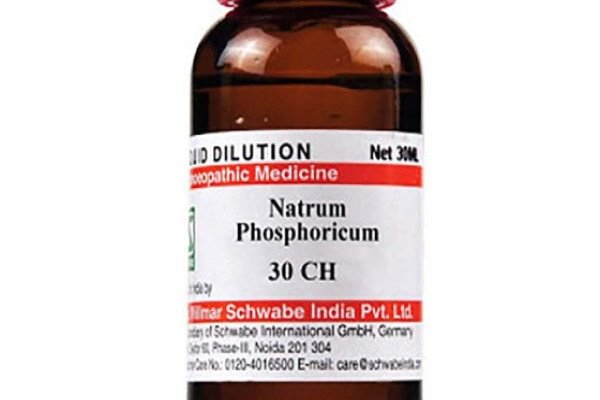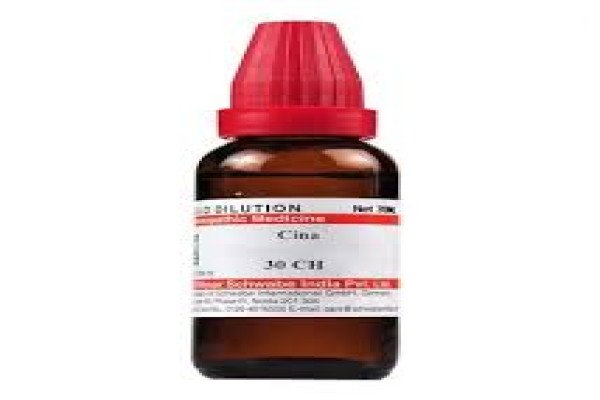 Welcome
Welcome
“May all be happy, may all be healed, may all be at peace and may no one ever suffer."
- A
- B
- C
- D
- E
- F
- G
- H
- I
- J
- K
- L
- M
- N
- O
- P
- Q
- R
- S
- T
- U
- V
- W
- X
- Y
- Z
Tetanus - Homeopathic remedies
Tetanus, also known as lockjaw, is a serious bacterial infection caused by the Clostridium tetani bacterium. The bacterium produces a toxin that affects the nervous system, leading to muscle stiffness and spasms.
Tetanus can be contracted through exposure to the bacterium, which is commonly found in soil, dust, and manure. The bacterium can enter the body through a cut or wound, and it can also enter through a burn, insect bite, or other type of injury.
Symptoms of tetanus usually appear within a few days to a few weeks after exposure to the bacterium. The most common symptoms include:
- Stiffness and spasms of the jaw muscles (hence the name lockjaw)
- Stiffness and spasms of other muscles in the body, such as the neck, chest, back, and abdomen
- Painful muscle contractions that can last several minutes
- Difficulty swallowing
- Fever and sweating
- Rapid heart rate and high blood pressure
In severe cases, tetanus can cause complications such as difficulty breathing, heart problems, and even death.
Treatment for tetanus usually involves hospitalization and administration of a vaccine or immunoglobulin to help neutralize the toxin produced by the bacterium. Antibiotics may also be given to help fight the infection. In severe cases, medications may be used to help control muscle spasms, and mechanical ventilation may be necessary to help with breathing.
Prevention of tetanus involves getting vaccinated with the tetanus vaccine, which is usually given as part of the routine childhood vaccination series. Boosters are recommended every 10 years to maintain immunity. It is also important to practice good wound care, such as cleaning and covering any cuts or wounds, to help prevent infection.

Bedwetting
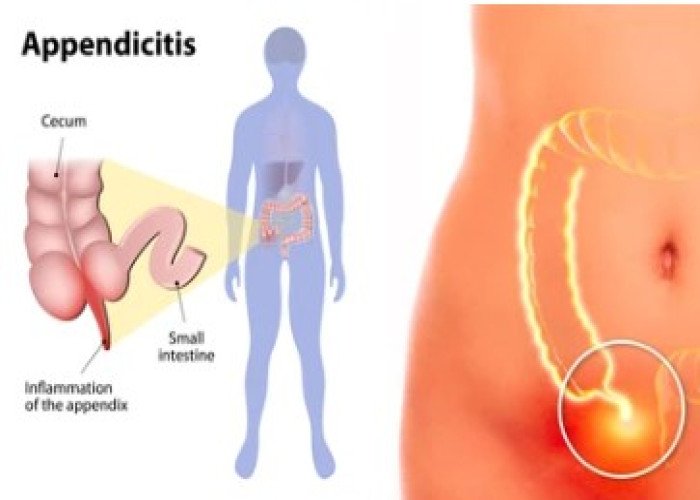
Appendicitis

Urinary deficiency
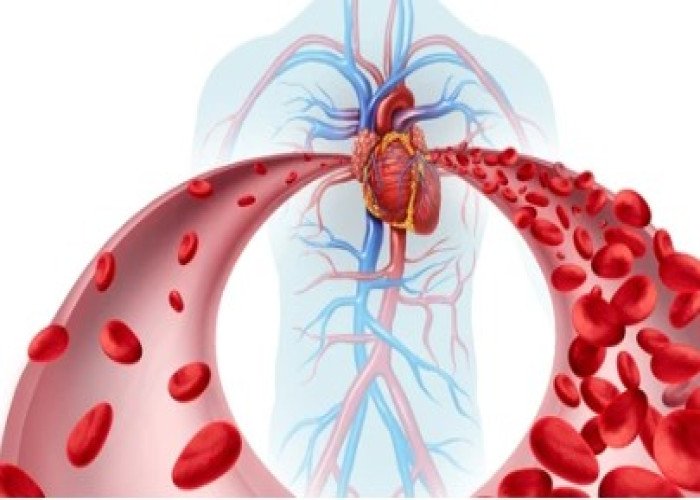
Anemia

Acne

Hysteria

Gonorrhea
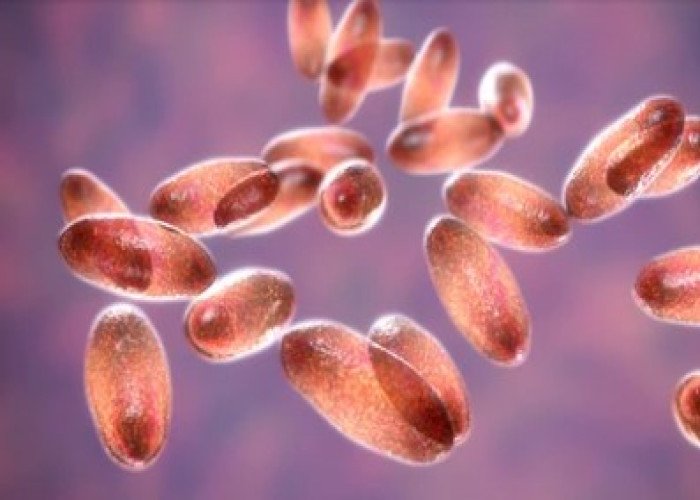
Plague
Tetanus, ধনুষ্টংকার
To be happy, beautiful, healthy, wealthy, hale and long-lived stay with DM3S.
